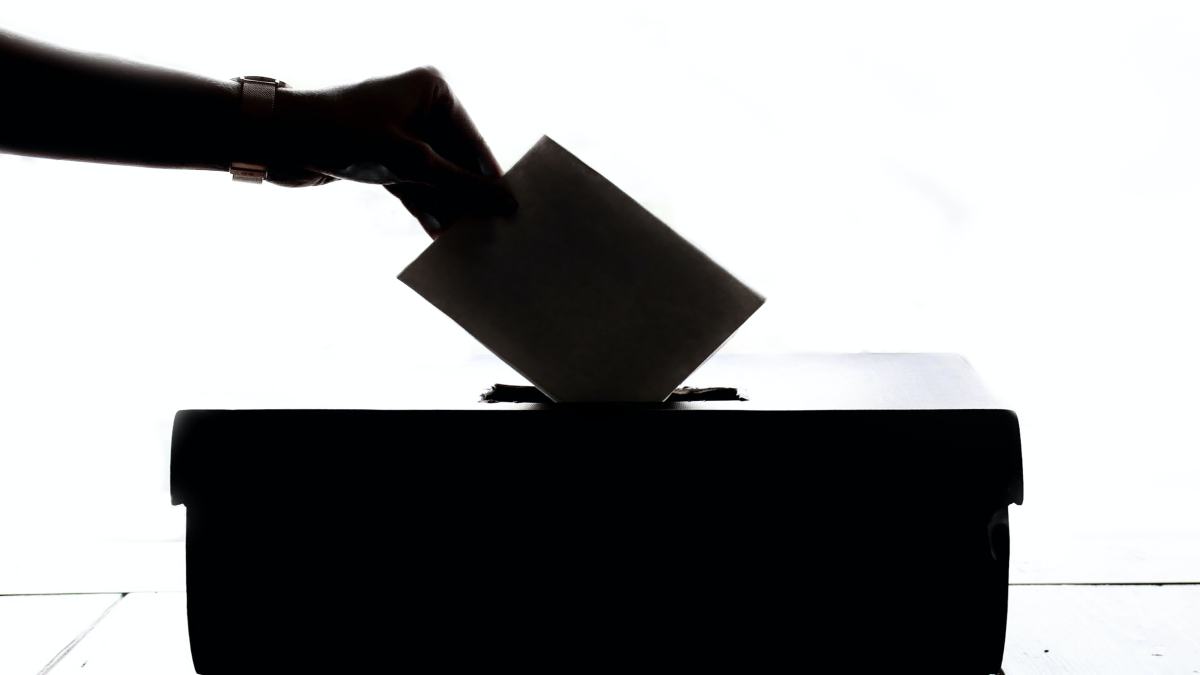The Supreme Court on Monday dismissed a PIL seeking to allow secret ballot in polls for the Rajya Sabha and state legislative councils, observing that the open ballot system is needed to “prevent cross voting and maintain party discipline”.
The significant verdict came on a plea of an NGO Lok Prahari’ challenging a provision of the Conduct Of Election Rules, 1961 and a part of the Representation of Peoples (RP) Act. Rule 39AA of the Conduct Of Election Rules makes it mandatory for an MLA and an MP to show the marked ballot paper to the polling agent of a political party in polls for Rajya Sabha and state legislative councils.
A bench comprising Chief Justice D Y Chandrachud and Justices P S Narasimha and J B Pardiwala also dismissed the challenge to “sub-section of 1 of Section 33 of the RP Act” which stipulated that for being a candidate of Rajya Sabha and state legislative councils polls, a person, if not proposed by a political party, needed to be subscribed by 10 elected members.

“Sub-section of 1 of section 33 of the RP Act…the proviso stipulates that a candidate who is not set up by a recognised political party shall not be deemed to be duly nominated for the elections unless the nomination papers are subscribed by 10 proposers who are elected from the constituencies.
“This lies purely in the realm of legislative policy. There is nothing per se discriminatory in the provision. Parliament is entitled to regulate the manner in which the nomination per se is presented. In view of the above discussions, the petition is dismissed,” the bench said in its order.
The NGO had challenged the Rule 39AA of the Conduct Of Election Rules to the effect that it provided that if an MLA or an MP did not show his marked ballot paper to the polling agent of the party, his vote would be cancelled.
Referring to a judgement, it said that this aspect was examined in the Kuldeep Nayyar judgement and the Constitution bench had held that after amendment, the voting to the council has undergone an enormous change where secret ballot is replaced by open ballot.
“The Constitution bench held that it is only where the voter at such an election does not shows his ballot paper he forfeits his right to vote…The court had held that open ballot system does not mean open to one and all but only the authorised political representative to see for whom the elector has cast a vote. The court held that underlying basis of open ballot was needed to prevent cross voting and maintain party discipline,” it said.
Quoting from the earlier judgement, the bench said the impugned rule does not prevent the exercise of votes but only regulates it.
“The elector having fairly evinced not to disclose his vote to the agent of the political party, it would be farfetched to still sustain the vote by casting the burden on the Presiding officer to disclose the vote to the authorised agent of the political party,” it said.
The bench said that it held that the rule did not violate the concept of free and fair elections.
“The provision was inserted to prevent cross voting in elections to the council of states. In this backdrop there is no merit in the challenge,” it said while refusing to accept the plea that the rule be either struck down or be read down.
The bench distinguished the secret ballot system in general elections with that of the open ballot system on the ground that the earlier is for conducting free and fair elections and the later is for maintaining party discipline and curbing cross-voting.
In the verdict, the bench referred to the constitutional provisions relating to polls for Rajya Sabha and state legislative councils.
Rule 39AA was inserted by a notification of February 27, 2004 and this was sought to be challenged in the petition on ground of being violative to Article 14 (right to equality) of the Constitution.







